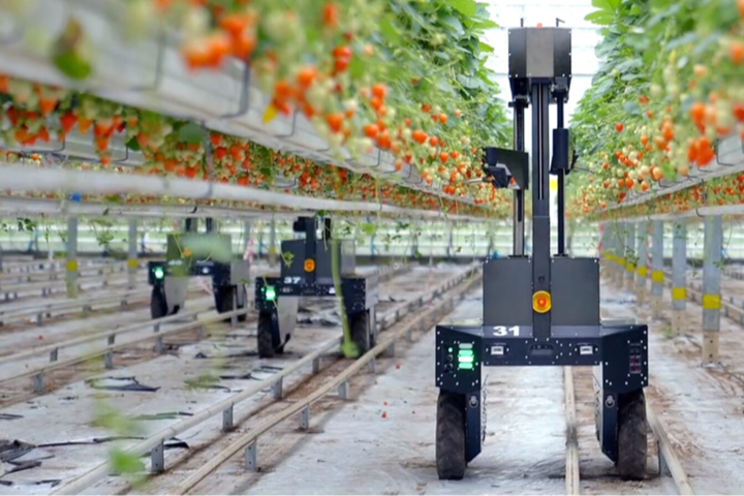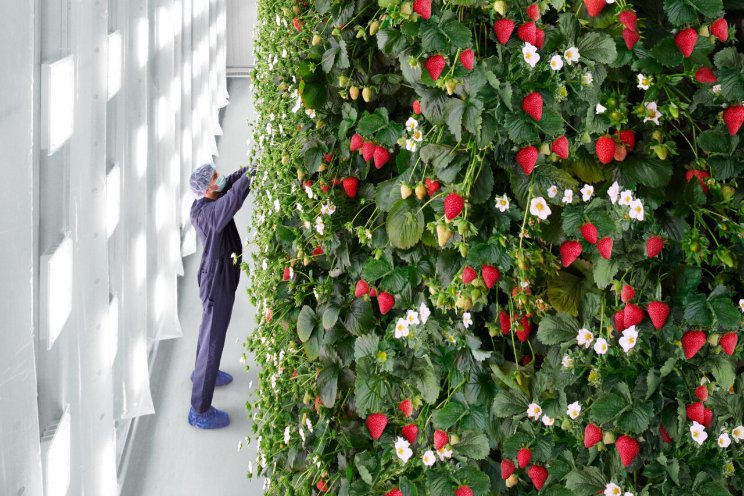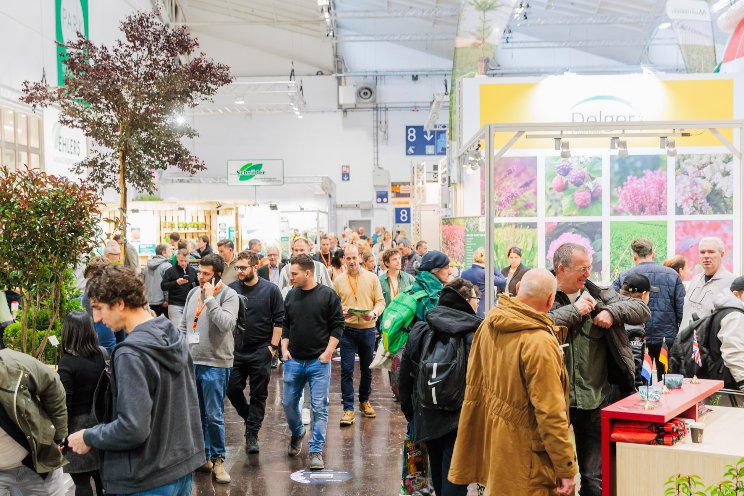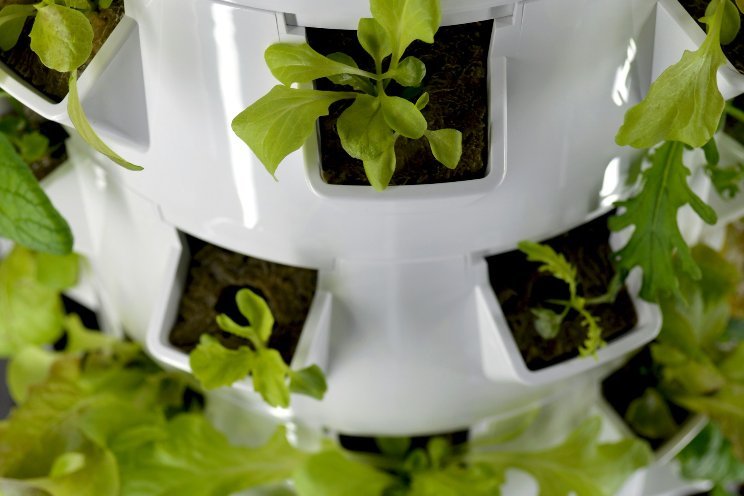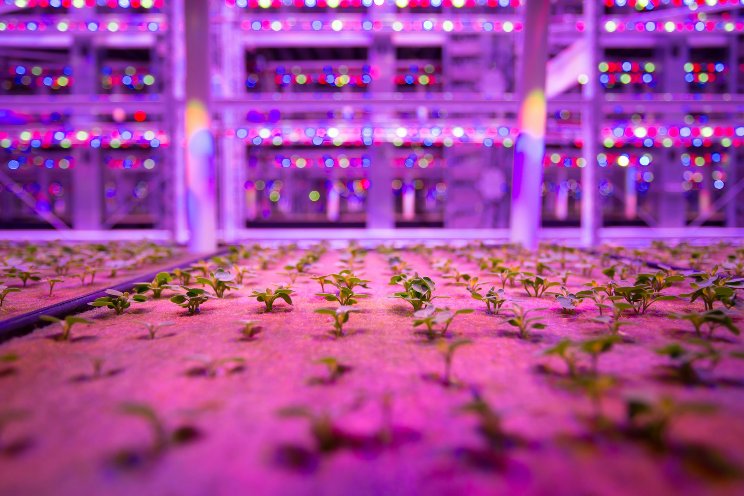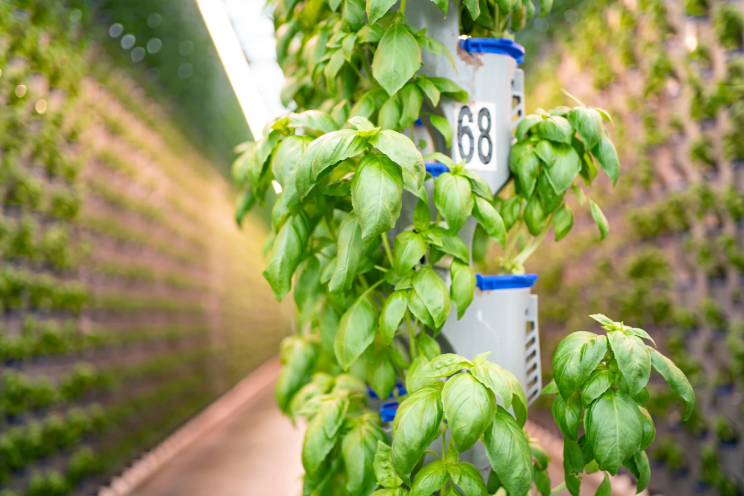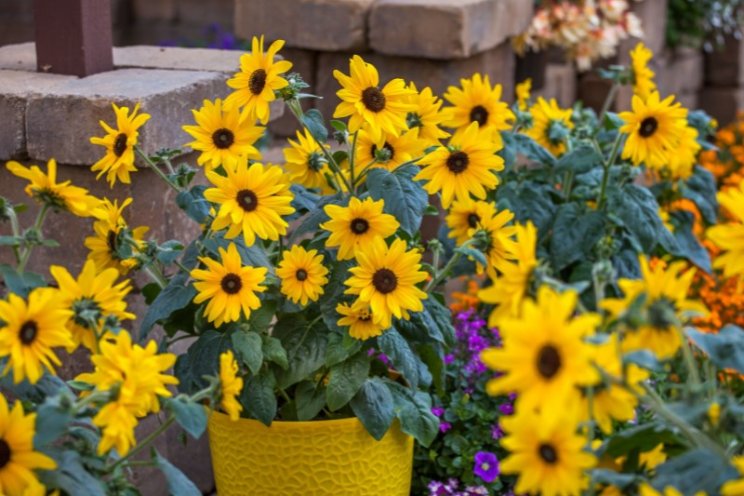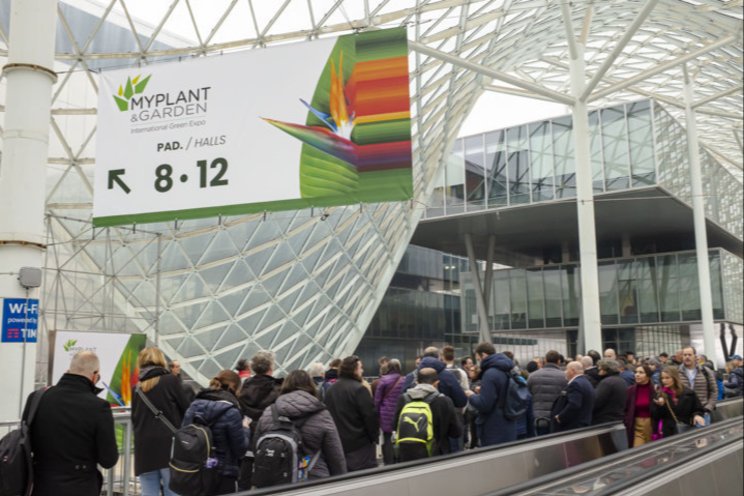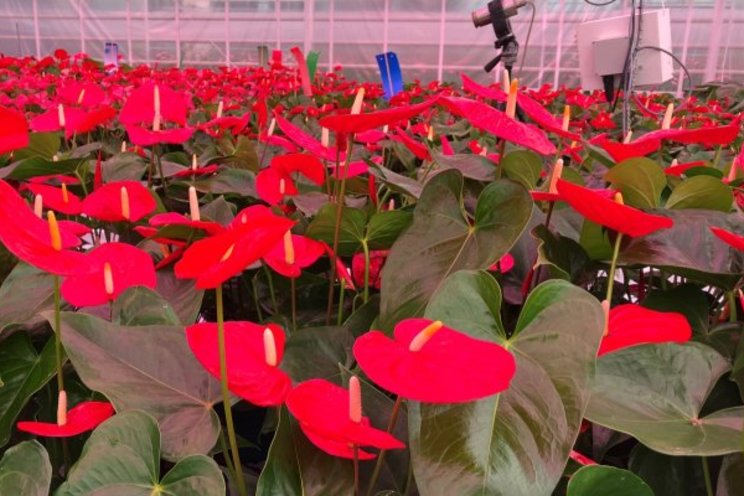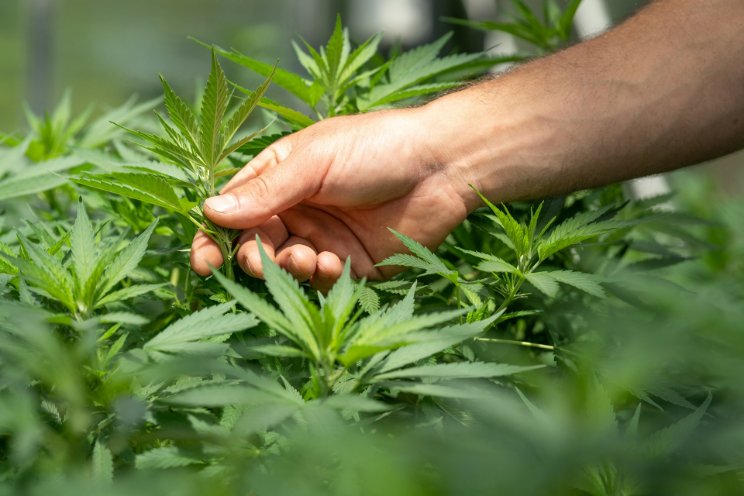Can vertical farms be profitable using LED grow lights?
Added on 23 January 2024

Even as controlled environment agriculture companies go out of business or file for bankruptcy, investors see economic opportunities. New indoor farms are coming online and others are expanding their operations. These investors, however, often overlook the economic and environmental sustainability issues of growing food without sunlight and focus on CEA’s yield advantages over traditional outdoor farming.
“Some people confuse profitability with environmental sustainability,” said Bruce Bugbee, professor of crop physiology at Utah State University and president of Apogee Instruments. “Not all things that are profitable are good for the environment. We often assume that indoor ag is good for everyone.
“If a grower can stay in business, it must be good for the environment. That’s not necessarily the case. A company that stays in business is economically sustainable, but this doesn’t always mean it’s environmentally sustainable.”
Bugbee presented the keynote address at the recent GLASE 2023 Summit, which focused on Greenhouse Energy Resilience.
“Indoor agriculture should include both greenhouses and indoor farms,” he said. “The difference is that greenhouses use natural sunlight and indoor farms use electricity to generate photons for photosynthesis. The exclusive use of LEDs in closed indoor farms should be called electric light agriculture. Plants can’t tell whether photons are coming from electric lights or the sun. Photons from the sun are free, while photons from lights are generated from electricity. No matter how efficient LEDs become, they are still competing with free natural photons from the sun.”
More news
